
Navigating the Maze: Seeking Justice and Support Introduction A brain injury can be a devastating experience, not only for the victim but also for their loved ones. The physical, cognitive, and emotional consequences...

Navigating the Maze: Seeking Justice and Support Introduction A brain injury can be a devastating experience, not only for the victim but also for their loved ones. The physical, cognitive, and emotional consequences...
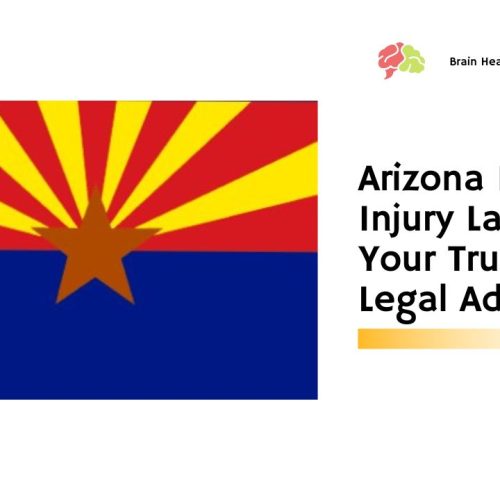
Arizona Brain Injury Lawyers: Your Trusted Legal Advocates When life takes an unexpected turn and a brain injury leaves you or your loved ones in distress, finding the right legal support is crucial....

Guide to Finding the Best Philadelphia Brain Injury Lawyer When it comes to personal injury cases involving traumatic brain injuries, finding the right attorney to represent you is crucial. In Philadelphia, a city...

The Ultimate Guide to Finding the Best Brain Injury Lawyer in Houston When it comes to finding a reliable and experienced brain injury lawyer in Houston, you need a legal professional who not...

Navigating the Legal Maze: Los Angeles Brain Injury Lawyer – Your Ultimate Guide Brain injuries can be life-altering, causing immense physical, emotional, and financial challenges. If you or a loved one has suffered...

Comprehensive Guide to Traumatic Brain Injury Claims In the realm of personal injury law, few cases are as complex and life-altering as those involving traumatic brain injuries (TBI). Victims of such injuries often...
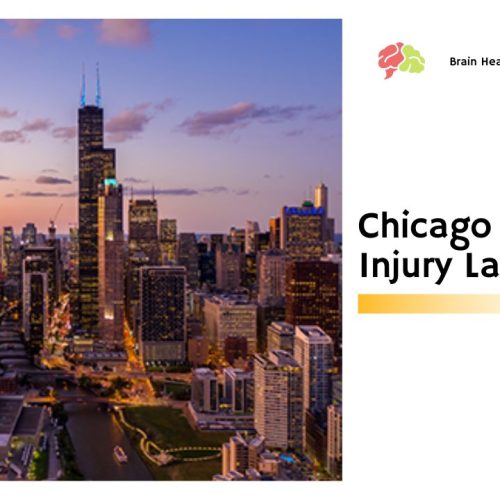
Finding Help In Your City If you’re suffering from an injury to the brain, you need to act fast to get legal help. With all of the other things you need to do,...
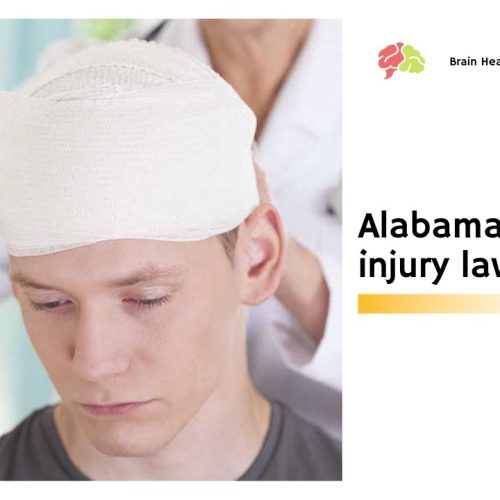
Alabama Brain Injury Lawyer: Your Trusted Partner in Brain Injury Cases When life takes an unexpected turn and a traumatic brain injury occurs, it can be a challenging and overwhelming experience. Not only...
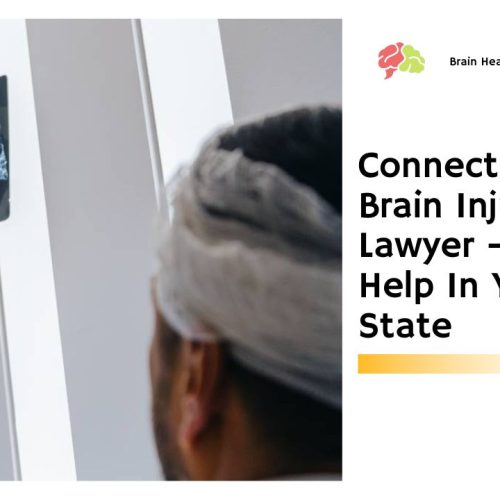
Connecticut Brain Injury Lawyer – Finding Help In Your State If you or a loved one has suffered a traumatic brain injury in Connecticut, finding an experienced brain injury lawyer can be critical...
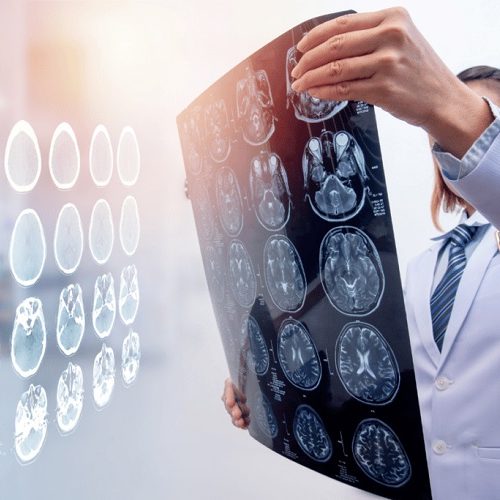
Hawaii Brain Injury Lawyers: Understanding Traumatic Brain Injury Claims and Your Legal Rights Traumatic Brain Injury (TBI) is a severe, life-altering injury that can result in physical, cognitive, and emotional challenges. If you...
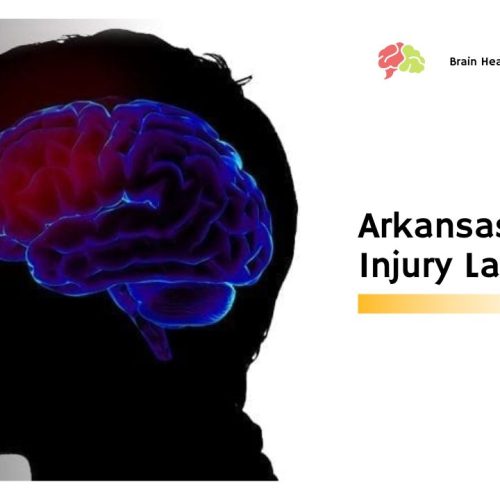
Arkansas Brain Injury Lawyer Finding Help In Your State The Internet is a great resource for finding a good Arkansas brain injury lawyer. It’s much easier than flipping through the yellow pages and...
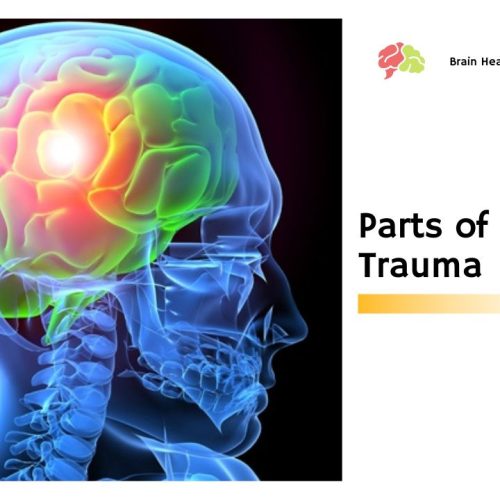
Parts of Brain Trauma Parts Of Brain And How They’re Affected By Trauma Brain injury symptoms come in many forms. This often makes it hard to diagnose brain trauma. The reason is that...
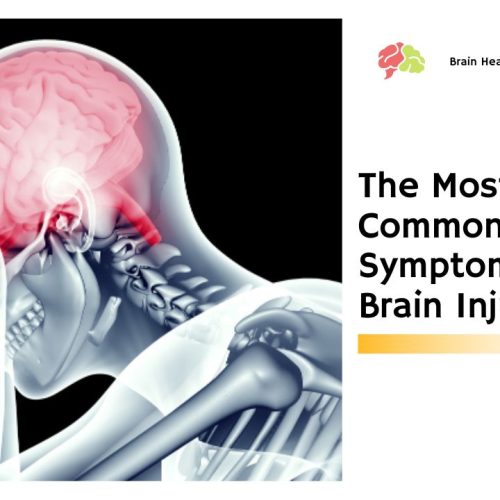
The Most Common Symptoms Of Brain Injury Brain injury results from serious trauma to the head or spinal cord. It’s often difficult to recognize the symptoms of brain injury because they may mimic...
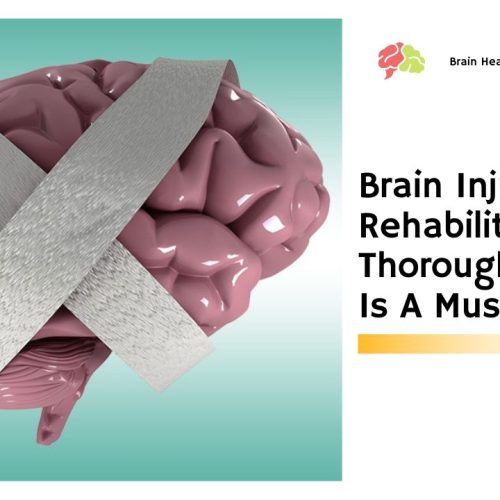
Brain Injury Rehabilitation – Thorough Rehab Is A Must Suffering from a brain injury can be an incredibly traumatic and worrying experience. Depending upon the severity of the injury, a potentially long treatment process...
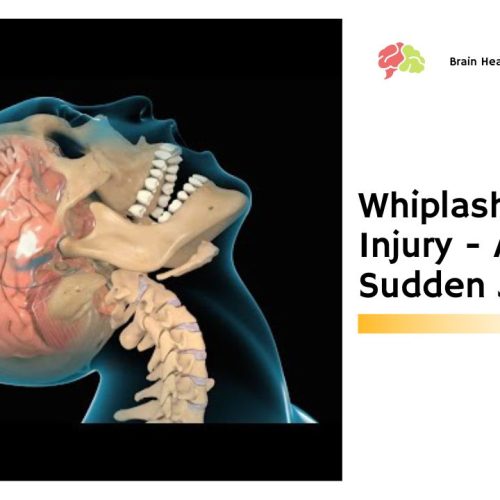
Whiplash Brain Injury – A Sudden Jolt A Traumatic Brain Injury can happen in two ways. First, the brain can become bruised when the head strikes a hard object. The second way is...
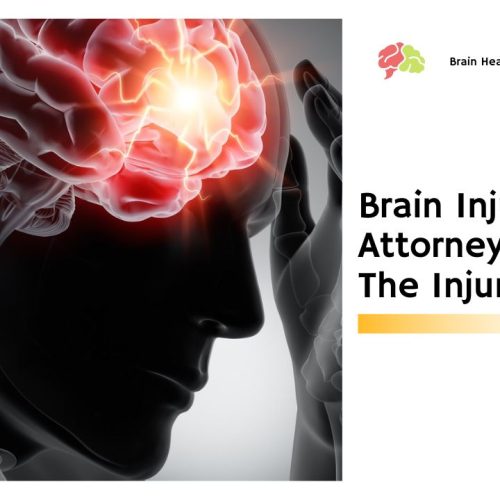
Brain Injury Attorney – After The Injury Have you suffered from a brain injury? Is the cost of treatment really weighing you down? Suffering from a brain injury can be an extremely traumatic experience....
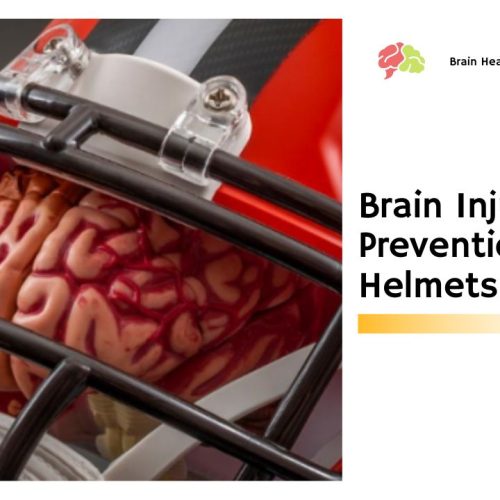
Brain Injury Prevention and Helmets Keep Your Head Covered Millions of people sustain head injuries from accidents every year. This should be a concern for any dealing in brain injury prevention. Luckily we...
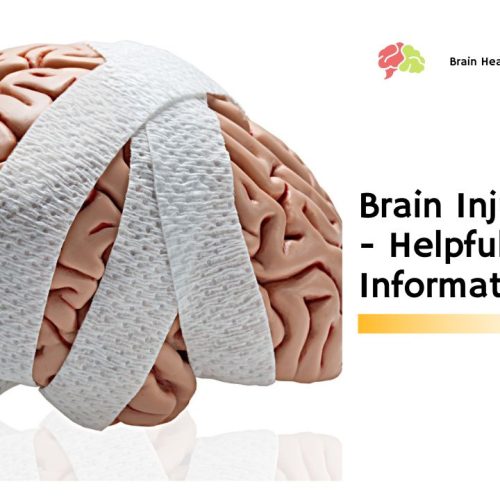
Brain Injury Help – Helpful Information Sites A traumatic brain injury can be a life-changing event. Usually, TBI hits suddenly and unexpectedly. It not only affects the victim but also all their friends and...
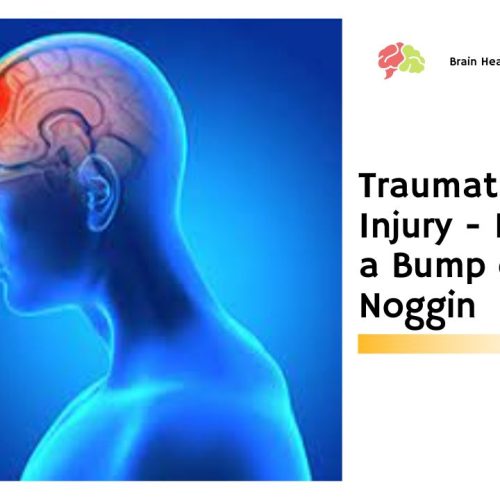
Traumatic Brain Injury – Not Just a Bump on the Noggin The brain is arguably your most important organ but also the most delicate. It is a solid organ but it differs from...
Your brain is like a muscle: it needs to be exercised regularly to stay in shape. And one of the best ways to exercise your brain is to do puzzles. Puzzles are a fun and challenging way to improve your cognitive function. They can help to improve your memory, concentration, problem-solving skills, and creativity. Puzzles can also help to reduce stress and improve your overall mood.


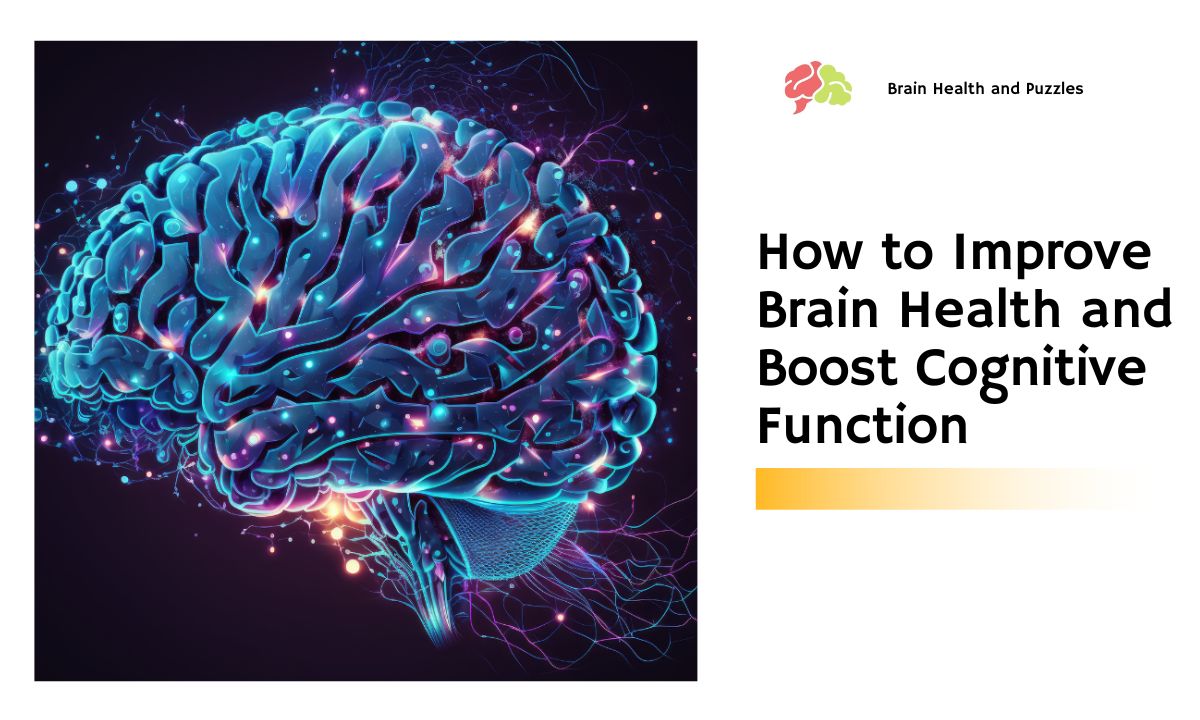
© 2023 Created Buy brain health and puzzles